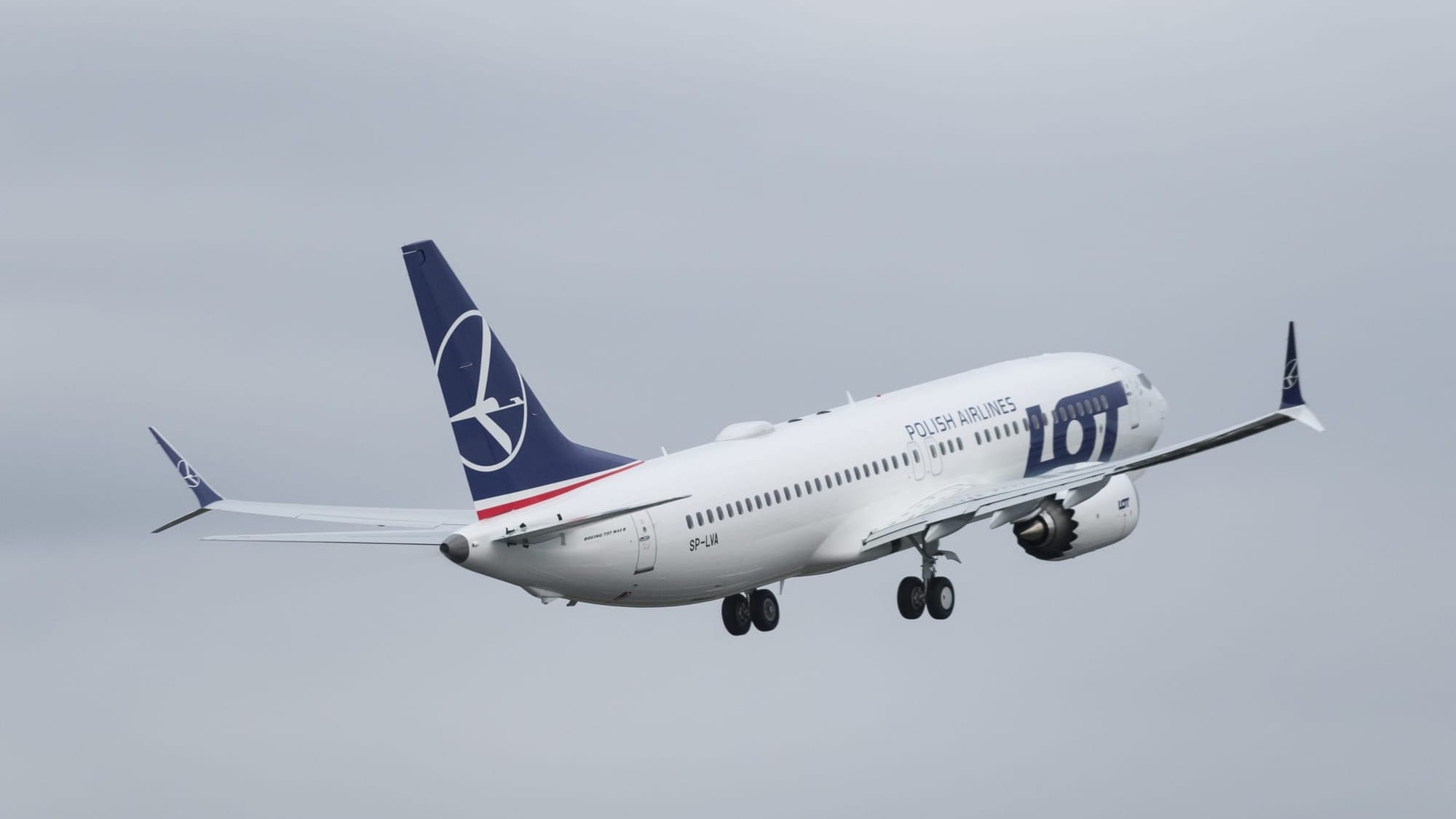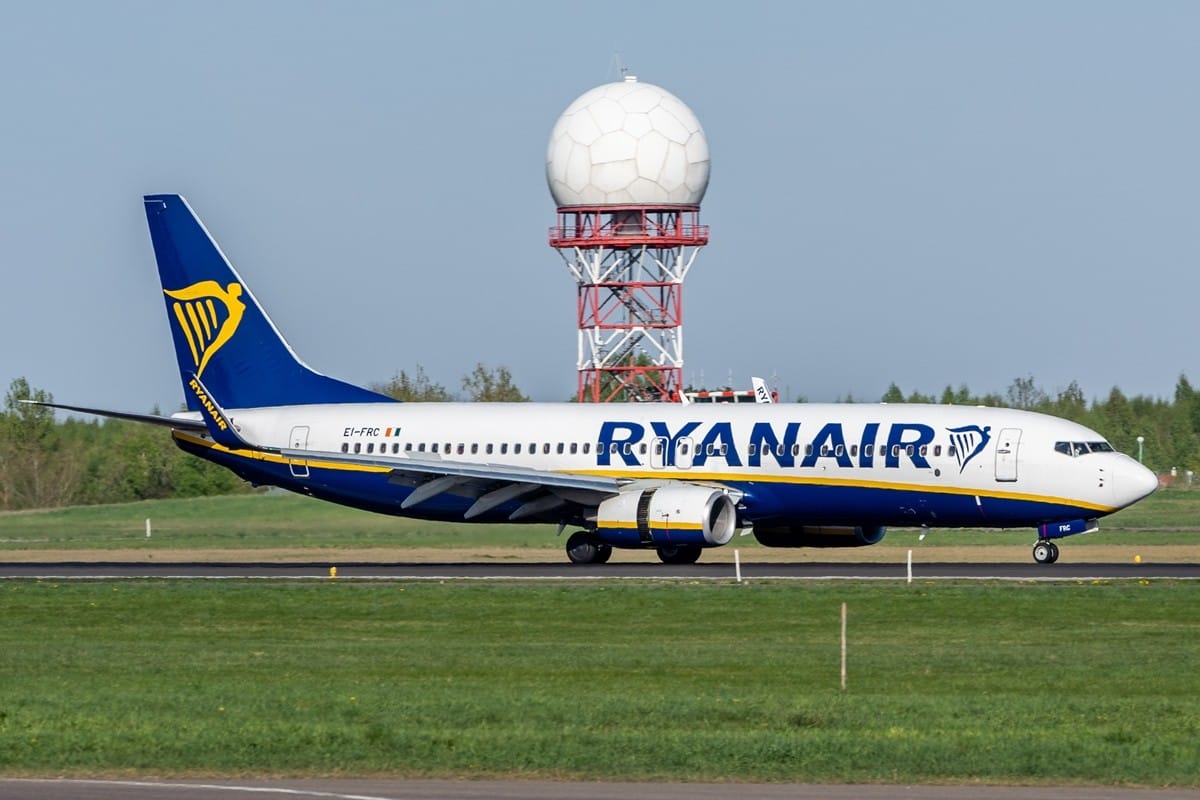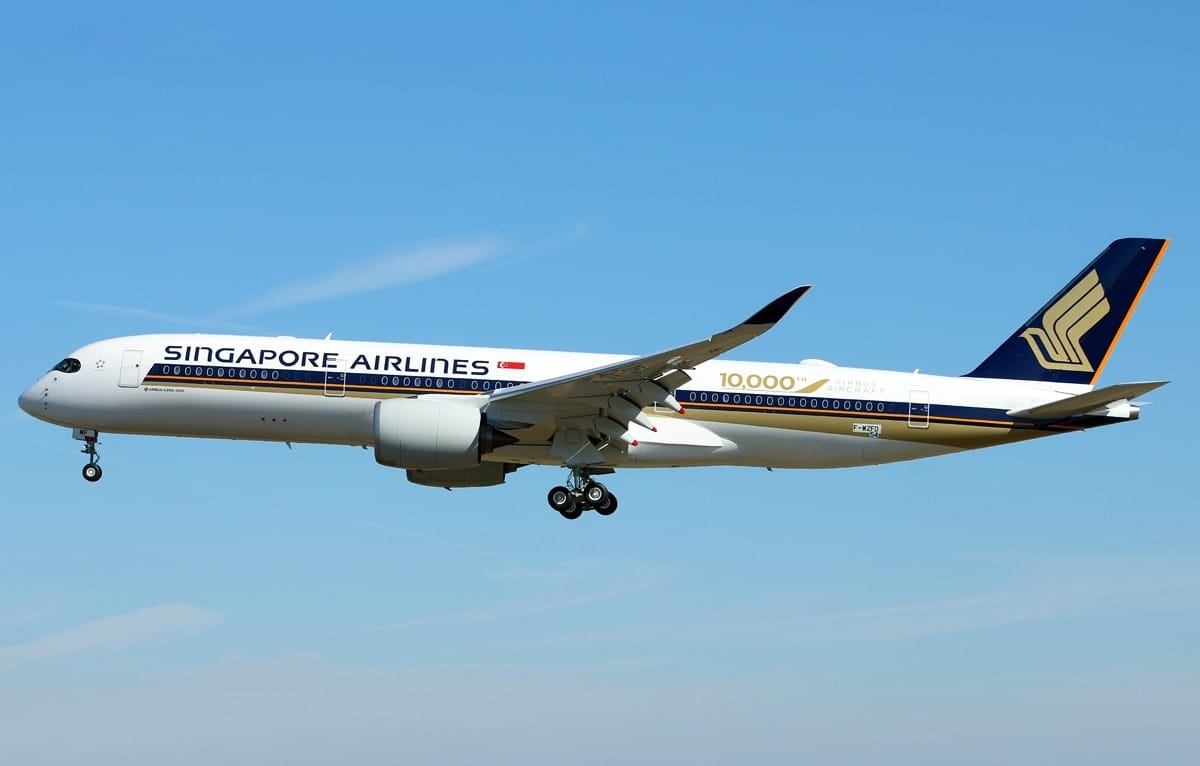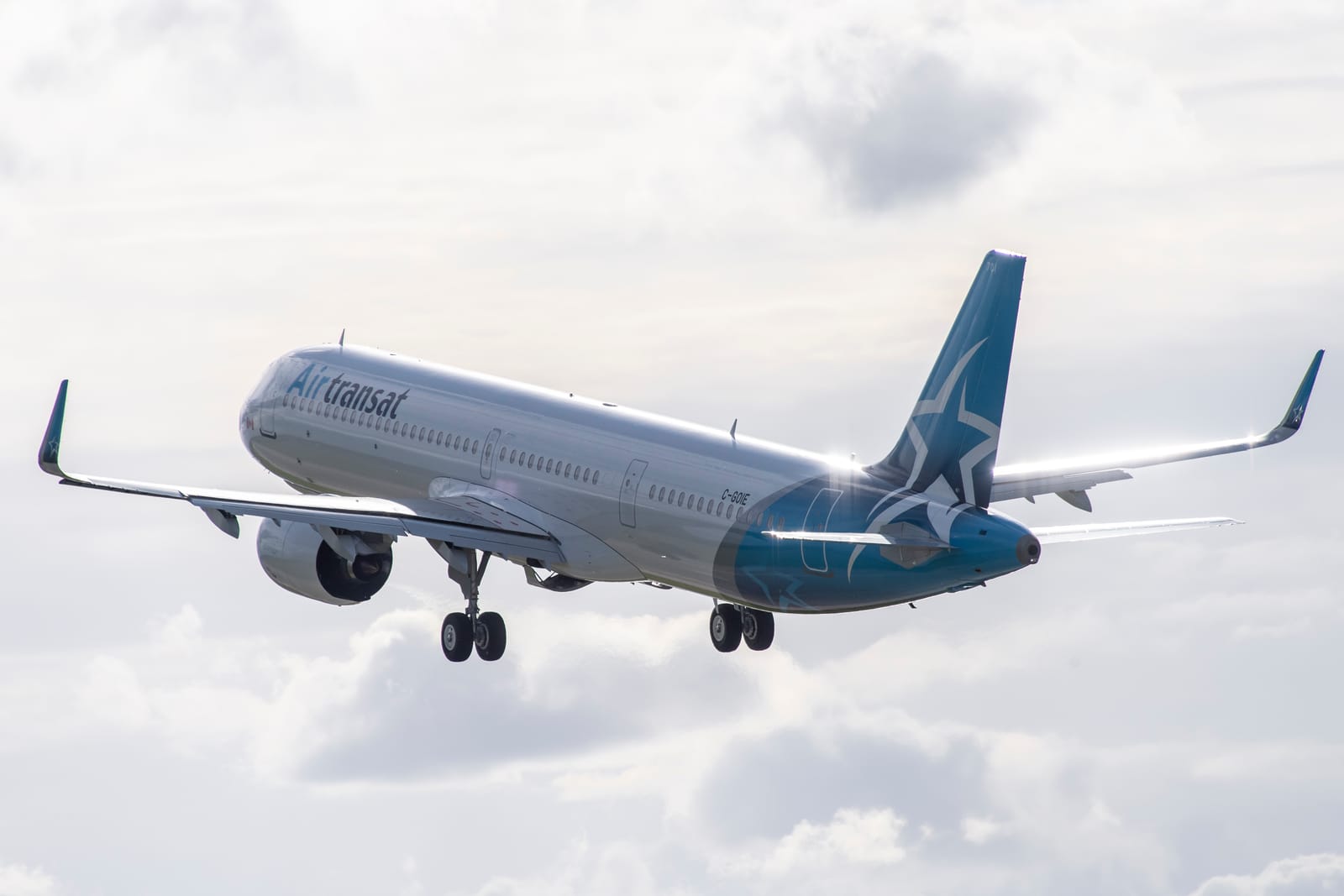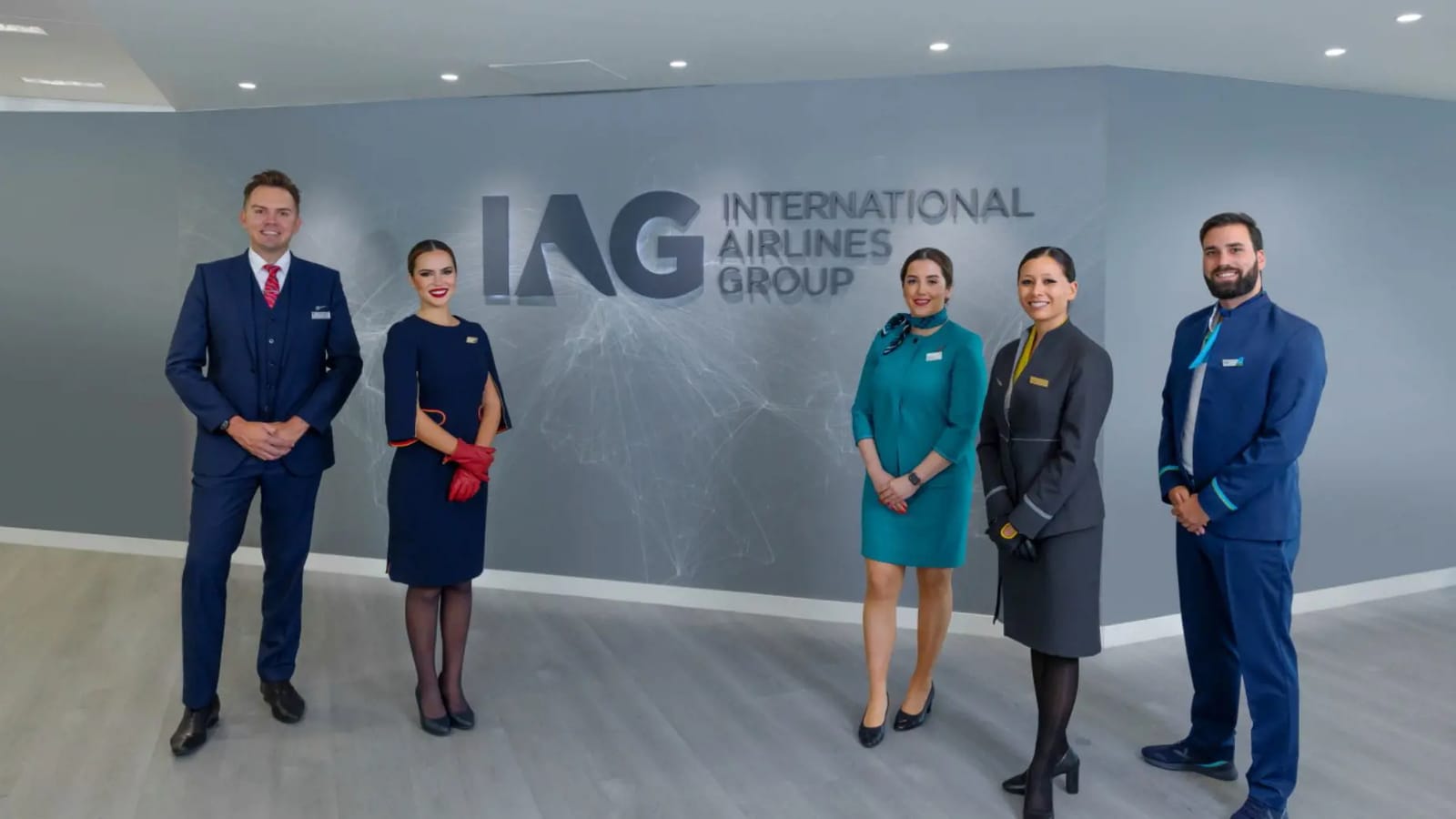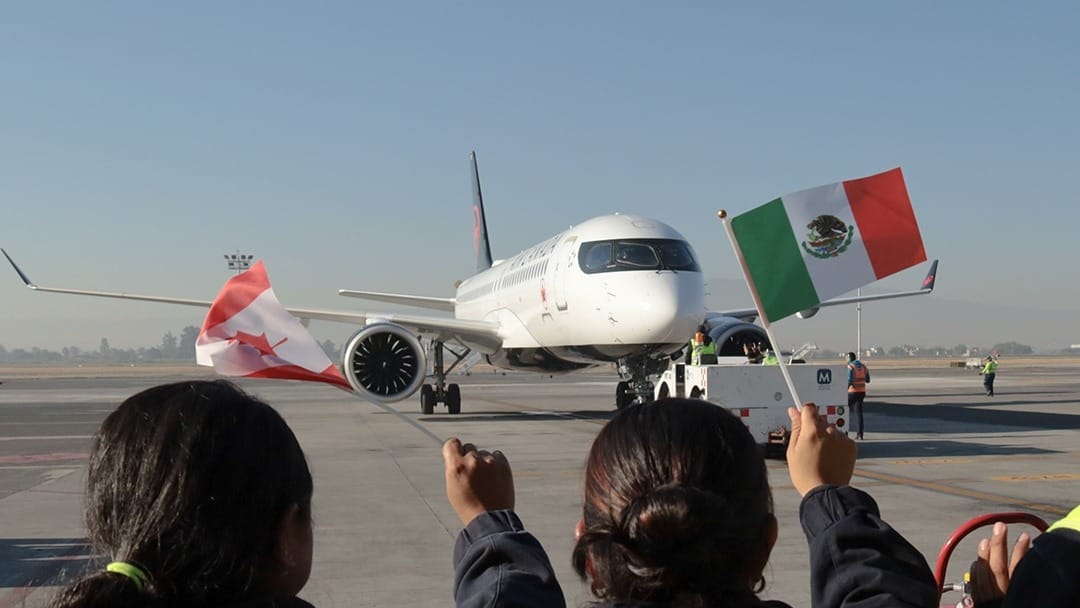Ricardo Martinez, a United States district judge at the US District Court for the Western District of Washington, has allowed LOT Polish Airlines’ fraud and misrepresentation case against Boeing to move to a jury trial in a few weeks’ time.
According to Law360, Martinez scheduled the airline’s fraud case to move to a jury trial on November 3, 2025. LOT Polish Airlines sued Boeing in October 2021, arguing that by rushing the 737 MAX to the market, the planemaker had “abandoned sound design and engineering practices, withheld safety-critical information from regulators, and deliberately misled its customers” about the scope of design changes made between the 737 Next Generation (NG) and the 737 MAX.
“Boeing’s deliberate misrepresentations and purposeful omissions caused LOT to believe that the 737 MAX aircraft was airworthy, and that it was to LOT’s economic advantage to acquire 737 MAX aircraft as opposed to Boeing 737 NG aircraft or Airbus A320 NEO aircraft.”
These proved to be false, the airline argued, saying that the 737 MAX was grounded “because it was unsafe, unairworthy, and contrary to Boeing’s representations, distinct from the 737 family of aircraft that preceded it.”
LOT Polish Airlines estimated that its grounding-related losses were at least $250 million, which included lost revenue, storage costs, and expenses for “less suitable replacement aircraft.”
A major breakthrough in the case was made in October 2022, when, according to Condon & Forsyth LLP, the law firm representing LOT Polish Airlines, said that the Martinez refused to dismiss the airline’s “fraud and misrepresentation claims arising from the approximately two-year grounding of Boeing’s 737 MAX aircraft.”
This was a significant development because, following the two fatal crashes, the groundings, and subsequent legal matters that involved Boeing and the 737 MAX, including the deferred prosecution agreement (DPA) with the United States government, the aircraft manufacturer had successfully swayed the courts to dismiss any airline or lessors’ fraud claims.
At the time, the law firm noted that LOT Polish Airlines had initially leased 14 737 MAX 8 aircraft from several lessors, only five of which were delivered to the airline before the grounding. The remaining nine had never reached Poland “because of the length of the grounding,” it said.
Leasing agreements with SMBC Aviation Capital and ALAFCO, which was shut down after its entire portfolio of aircraft was sold to Macquarie AirFinance in 2024, were also terminated, the lawsuit read.
“Through its Complaint, LOT seeks to recover for the financial losses it sustained as a result of its inability to operate its five MAX aircraft during the grounding, as well as its losses occasioned by the fact that the grounding was so long that it was unable to obtain delivery of nine others.”
Planespotters.net records showed that the Polish airline currently has 18 737 MAX 8s, all of which are leased.
Condon & Forsyth specified that LOT Polish Airlines, relying in part on public documents from investigations, alleged that Boeing certified the 737 MAX without telling aviation regulators that the larger CFM International LEAP-1B engines, placed on a decades-old fuselage design, “created inherent flight stability risks.”
To mitigate those risks, the planemaker added the now-infamous Maneuvering Characteristics Augmentation System (MCAS), which, under certain flight conditions, would pitch the nose down.
However, the case alleged that MCAS “created additional safety risks on the 737 MAX, which Boeing purposefully withheld from regulators, LOT, and the aviation industry worldwide.”
“LOT further alleged that Boeing continued that misconduct even after the first fatal 737 MAX crash.”
As a reminder, the first fatal crash involving a 737 MAX happened in Indonesia. The Lion Air 737 MAX 8, registered as PK-LQP, operating flight JT 610, plunged into the Java Sea shortly after its takeoff from Jakarta Soekarno–Hatta International Airport (CGK), claiming the lives of 189 people.
On November 6, 2018, Boeing issued an Operations Manual Bulletin (OMB), “directing operators to existing flight crew procedures to address circumstances where there is erroneous input from an AOA [Angle of Attack – ed. note] sensor,” its statement read at the time.
The OMB did not mention the MCAS, yet warned airlines about a “failure condition that can occur during manual flight only.”
“In the event of erroneous AOA data, the pitch trim system can trim the stabilizer nose down in increments lasting up to 10 seconds.”
Boeing explained that the nose-down stabilizer trim movement can be stopped and reversed with the use of the electric trim switches, but may restart a mere five seconds after they are released. To prevent repetitive nose-down stabilizer trim movement, pilots must deactivate the system by using both ‘STAВ TRIM CUTOUT’ switches.
Days after the OMB’s publication, Boeing shared information about MCAS to pilots for the first time ever. The late Mike Michaelis, the Safety Committee Chairman of the Allied Pilots Association (APA), shared details about MCAS, saying that this was the “first description you, as 737 pilots, have seen” of the system, according to a report by The Seattle Times.
The second 737 MAX 8 crashed in Ethiopia in March 2019, when an Ethiopian Airlines 737 MAX 8, registered as ET-AVJ, dove into the ground just several minutes after taking off from Addis Ababa Bole International Airport (ADD). Flight ET 302 had 157 people on board the aircraft.
In its case against LOT Polish Airlines, Boeing argued that the airline failed to show that the manufacturer’s “material misrepresentations and omissions were made with the knowledge of their falsity at the time of the alleged misconduct.”
The District Court for the Western District of Washington disagreed, according to the law firm, arguing that the carrier proved its “detailed allegations.”
“The Court further held that Boeing’s argument that LOT was required to prove Boeing’s knowledge of the falsity of its statements at the pleadings stage “flips the [motion to dismiss] standard on its head,” by asking the non-moving plaintiff to come forward with evidence of Boeing’s knowledge without the benefit of discovery.”
Another argument that Boeing had for the court to throw out the case was that the airline was aware of the defects of the type when it took delivery of the aircraft. Assuming that Boeing disclosed the existence of MCAS to operators and pilots in early November 2018, LOT Polish Airlines had already taken delivery of four 737 MAX 8s between December 2017 and June 2018.
Boeing’s argument was that since LOT Polish Airlines took delivery of its fifth 737 MAX 8, registered as SP-LVF, on December 12, 2018, after the Lion Air crash and the existence of MCAS was revealed to the world. As such, the airline “must not have cared about the inherent safety risks on the 737 MAX set forth in LOT’s Complaint.”
Condon & Forsyth detailed that the court rejected this notion, arguing that LOT Polish Airlines signed the lease agreements and took delivery of four 737 MAXs before the airline knew about MCAS.
“Second, the Court explained that LOT had alleged that Boeing’s initial revelation of MCAS itself was misleading and contained material omissions, meaning that the fact that LOT continued to accept delivery of 737 MAX aircraft after it was aware of MCAS’s existence was insufficient to demonstrate that LOT believed that MCAS was immaterial, and that LOT did not rely on Boeing’s misrepresentations.”
The planemaker’s final argument, also rejected by the court, was that the airline’s claims were preempted by Washington State’s Product Liability Act. The court found that the carrier’s allegations were more than complaints about “a product defect.”
“In short, LOT’s defeat of Boeing’s motion to dismiss allows LOT’s tort claims to proceed and provides a roadmap to other potential litigants seeking to recover damages from Boeing arising out of its misconduct associated with its development, manufacture, and certification of its 737 MAX aircraft, as well as its response in the aftermath of the two fatal crashes.”
In February 2023, Martinez dismissed – some once again – seven out of 12 total claims against Boeing, which did not include the fraud and misrepresentation allegations.
Some of the other airlines and/or lessors that have sued Boeing for fraud following the two fatal 737 MAX 8 crashes and the subsequent groundings include, for example, Czechia-based Smartwings, which eventually reached a settlement with Boeing.


